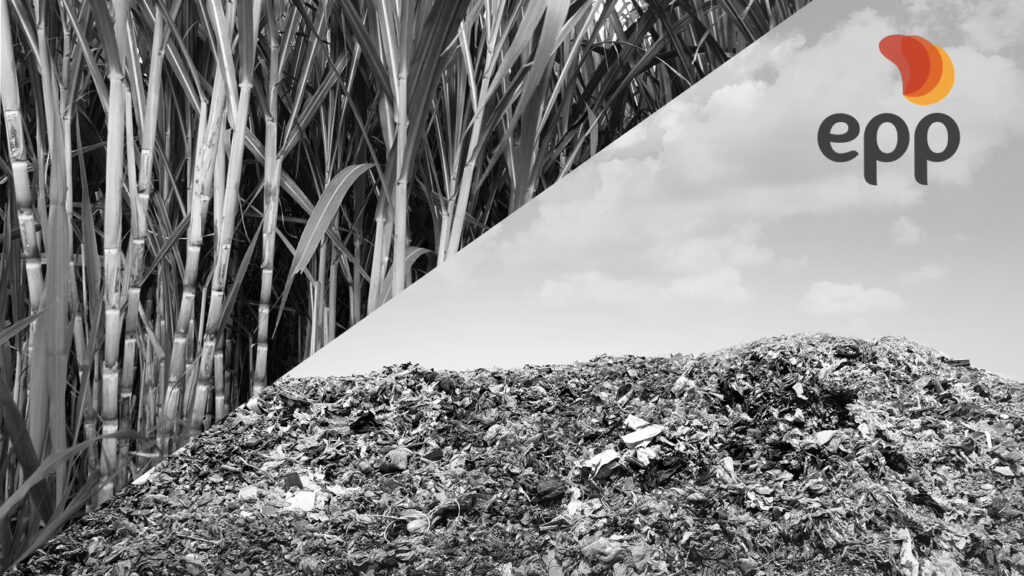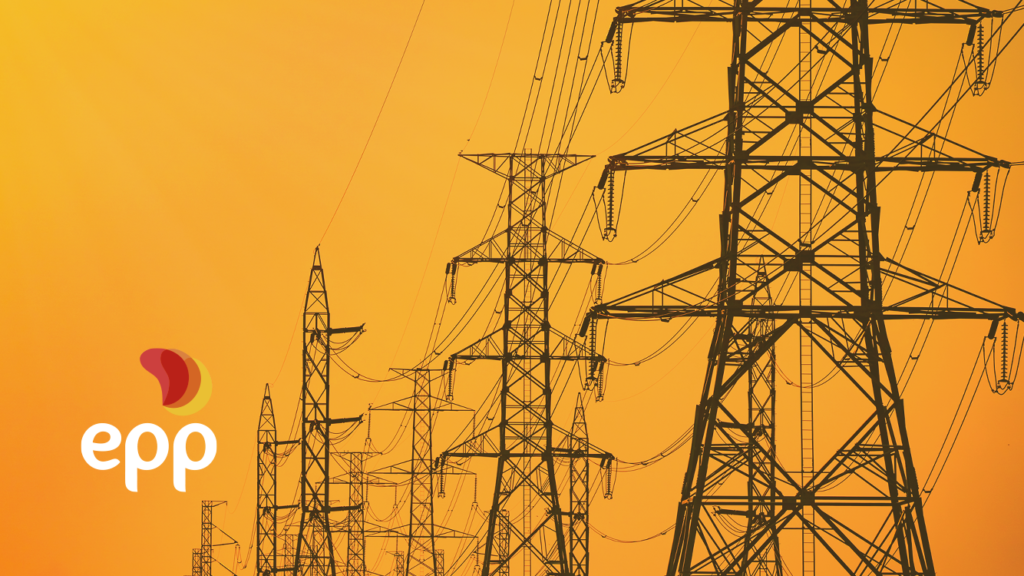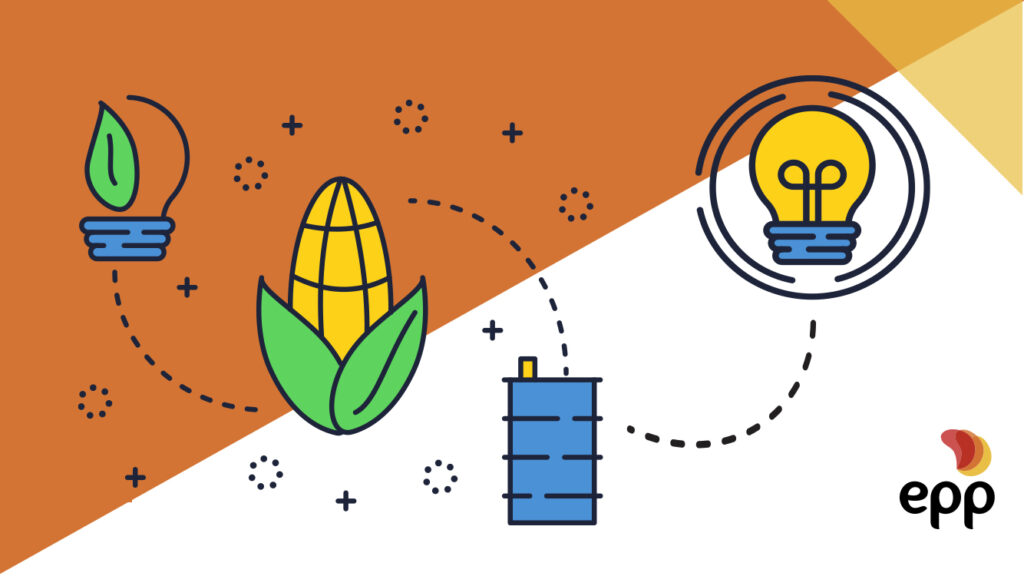The modernization of the Brazilian electric sector is necessary to enable the expansion of the market, improve the allocation of resources, form prices and bring sustainability to energy production. Therefore, in April 2019, an Ordinance of the Ministry of Mines and Energy instituted a Working Group to study and propose the necessary changes. The group's objective was to create proposals based on the pillars of governance, transparency and legal-regulatory.
Do you know how electricity generation occurs in Brazil? In 2017, according to the Energy Research Company, the Brazilian energy matrix was composed as follows: 36.4% from oil and gas, 17% from sugarcane, 13% from natural gas, 12% from hydraulic, 8% firewood and charcoal, 5.9% bleach and other renewables, 5.7% coal, 1.4% nuclear and 0.6% from other renewables.
One of the advantages of biomass energy is that it is a 100% renewable resource and has a low cost and high capacity for using waste. Do you know how biomass energy is produced? Biomass is the term used to define a mass of debris from living or decomposing organisms. It can be of animal or vegetable origin, such as food scraps, fruit peels, wood or by-products of livestock and agriculture.





